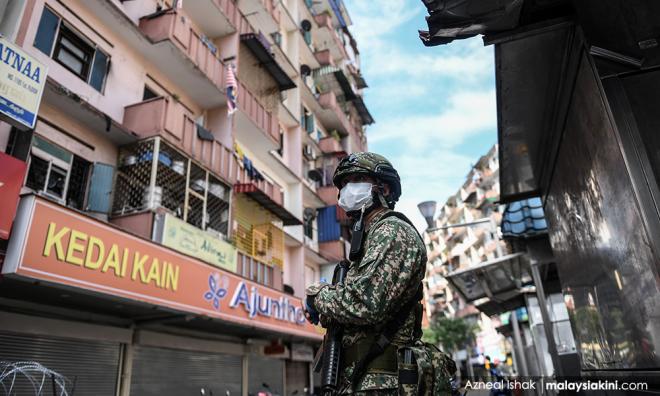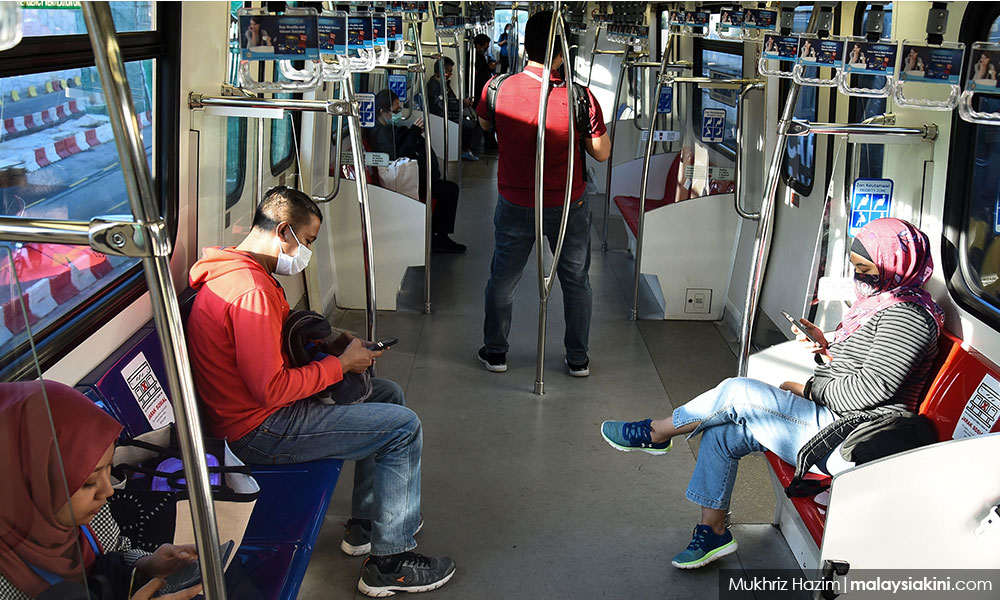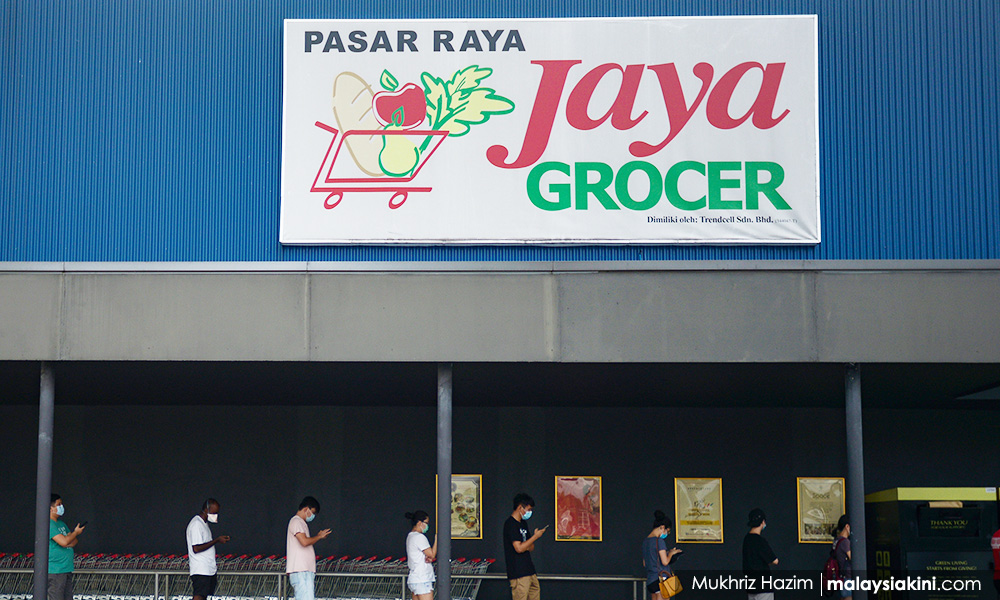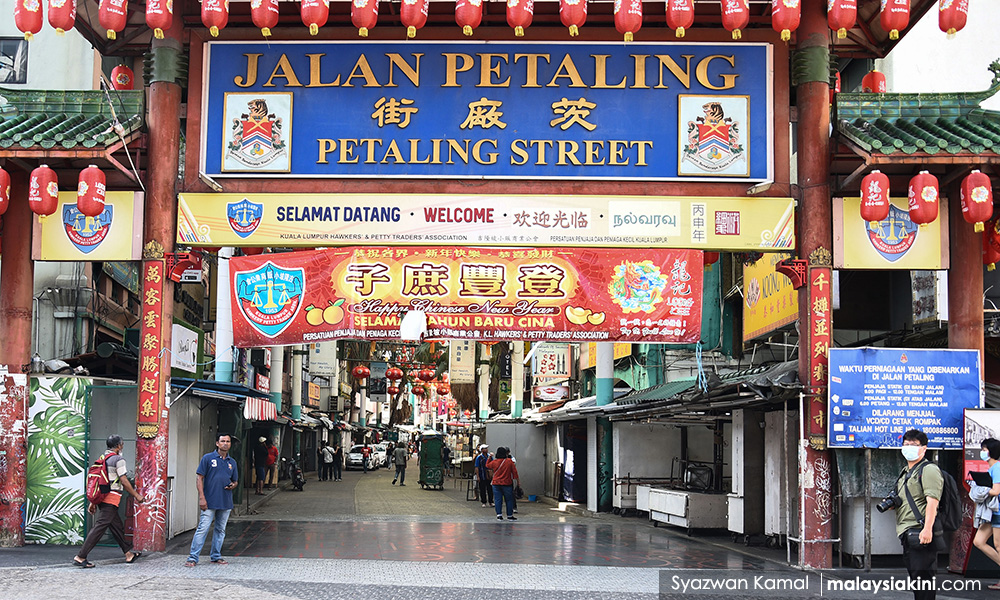
It has been well over a month since Malaysians have been forced to curtail their daily lives. In anticipation towards the day when the movement control order is lifted, there have been countless of WhatsApp messages pinging back and forth with everyone declaring what they will do when everything reopens. Food, as usual, takes the top spot, many missing the conviviality of their local mamak shop.
But once the lockdown is lifted will everything be back to normal? There is talk of a "new normal" but what does that entail? This new pandemic will signal a large scale reassessment of everything pertaining to one’s daily life. There are many who have not thought in-depth about the far-reaching repercussions of this pandemic.
And corporations, as well as local authorities, are so busy with answering day-to-day problems arising from this pandemic, that there has been scant time to think about communicating with the public on life after lockdown. So this article poses a series of questions in an attempt to obtain clarity on a future that seems so uncertain.
Until a vaccine is found, many planners and city managers are scrambling over health and safety issues, but what are things that need reassessment? For instance, will face masks and social distancing be compulsory for any out-of-home activity? How will public transportation managers reduce the risk of infection in their stations as well as in their vehicles? How do we ensure the safety of bus drivers who come into close proximity with countless passengers? Some have countries have plastic barriers for drivers, but how feasible is it for Malaysia to install these?

Will there be officers limiting the number of people that get onto trains? If so, this will certainly increase the travelling time of commuters and they will need the information to better prepare for it. Perhaps timely information will result in a widespread introduction of flexible working hours in order to help stagger the crowd.
With regards to the public realm, can local authorities step up cleaning efforts for parks, playgrounds and contact areas in public spaces? How will they ensure that open public markets stay open and yet are safe to serve their communities particularly those with lower incomes? Open markets in some states in the US are now governed by strict regulations that forbid the touching of produce and there are barriers that separate the seller from the customers. Will Malaysia follow suit?
Then there is the large migrant population serving and cooking meals at restaurants or working to clean private or public spaces. What will be the protocol for ensuring they are healthy? Do we have enough health workers to test all of them and how do we compel employers to "do the right thing" in ensuring all workers are looked after, tested and certified healthy?
Even deeper than that, how do we ensure that these workers who are often most at risk, are staying in places that are clean and safe and not forced to stay in cramped, crowded and often unhealthy environments? How do we ensure all of them have access to modern sanitation facilities?

In Malaysia, the mall culture is prevalent as malls not only offer respite from the heat, they also provide a variety of activities that cater for the multi-generational family. How will social distancing affect malls? Will there now be a limit to the number of people admitted, those on foot as well as in cars? How about queues for the lifts – will access to them be limited only for the elderly, the differently-abled and mothers with strollers while others are told to take the stairs or the escalators?
What precautionary steps will mall managers take to ensure the safety of their customers? Already supermarkets have introduced a social distancing queuing system but how will this be implemented large-scale? Will there be someone looking after common areas to ensure that seats are wiped down (let’s hope that this pandemic will not cause the removal of such facilities as they are crucial for those who need a place to rest without being forced to purchase anything).
How about toilets and diaper-changing spaces? Will it be feasible to increase the cleaning and sanitisation of these areas after every visit? And what will that entail, automatic alcohol sprays triggered by the opening of the cubicle door?
Prior to the lockdown, some restaurants were already removing half of their seating capacity to facilitate social distancing. Will cinemas do the same – i.e. offer less seats per hall? What else will they need to do to ensure their seats are clean post-shows? Or perhaps even the thought that one can still go to the cinema or eat in a restaurant is a naïve one at best. In light of this, how will cinemas and restaurants innovate to ensure that a vital part of Malaysians' life is not lost?

Perhaps, the most important question of all, how will all these measures be implemented without passing the cost on to the consumer as well as ensuring the survival of businesses?
Although mall and building managers should take steps to ensure safety, this is also the perfect time to educate the end-user. How can we make them jointly responsible for their own safety? Unless there are laws and regulations enacted together with enforcement, chances are behavioural change will not happen. Currently, grocery shoppers have already gotten used to the fact that they now need to plan ahead and queue to even be admitted into supermarkets.
Moving forward, will there be regulations dictating this (for example the no-smoking law in public areas) or will the government leave it to the discretion of the property managers?
We all know that regulations and laws take time to be drawn up. So can there be enforceable interim measures put in place, together with an in-built feedback and pivot loop to ensure that they do not overburden or cripple businesses and organisations already buckling under the pressure of this pandemic? And finally, while all this is underway, could there also be scheduled communications to help the public navigate this new normal safely?
LEE JIA PING is former programme director at Think City and honorary council member of the Heritage Trust of Malaysia. She now heads Tempatico, a consultancy that 'uses urban strategy, conservation and placemaking to build communities'. - Mkini



No comments:
Post a Comment
Note: Only a member of this blog may post a comment.